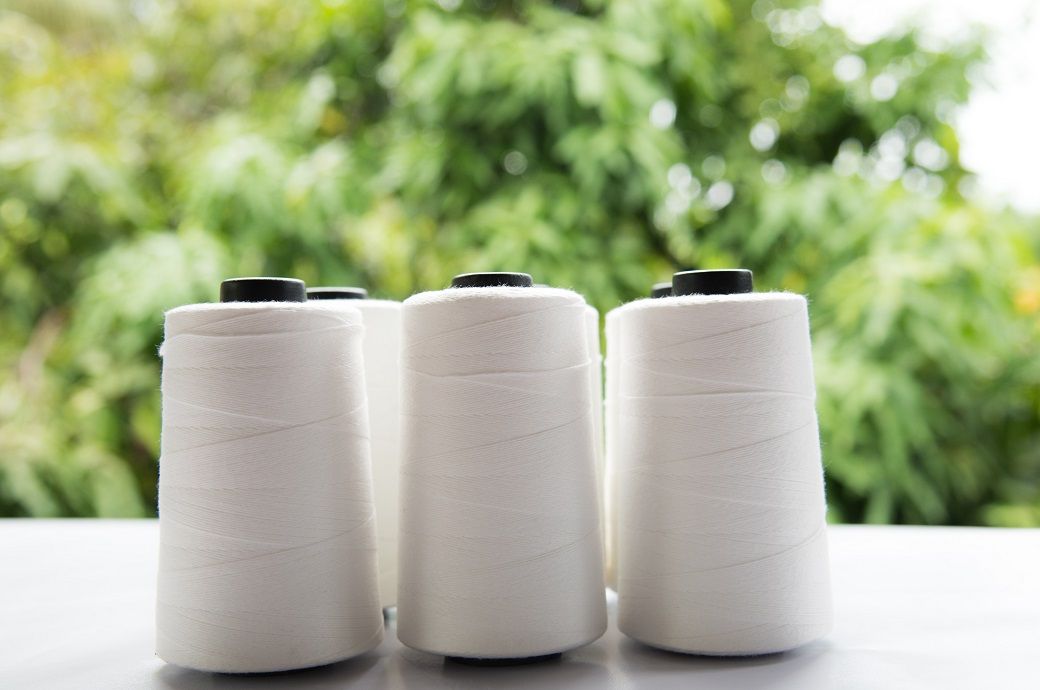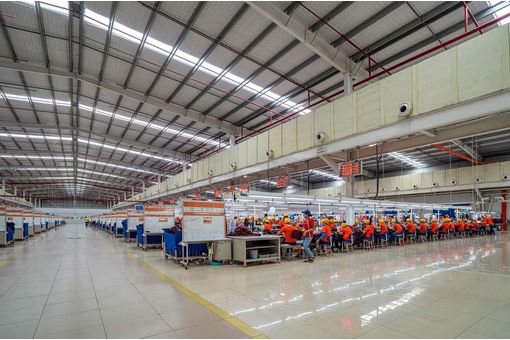India relies on imported FDY & POY yarn; repeal QCO, says industry

Insights
- India's weaving industry is heavily reliant on imported FDY and POY yarns, making up 90 per cent of its supplies.
- Surat-based Pandesara Weavers Co-operative Society Ltd has petitioned the central government to revoke QCO for these yarn types.
- They recommend deferring QCO's implementation for nine months or until consumer industry concerns are addressed.
Surat-based Pandesara Weavers Co-operative Society Ltd has submitted a letter to the central government, requesting the revocation of QCO orders for FDY and POY yarns in the polyester yarn segment. The letter suggests that the QCO implementation be deferred for an additional nine months or until the consumer industry's concerns are addressed.
Ashish Gujarati, the society's president, stated that the sector has invested ₹60,000 crore in installing 1,20,000 high-speed weaving machines and more than 3,000 high-speed knitting machines. A similar number of machines are expected to be installed in the next five years. These machines only utilise AA-grade FDY and POY yarns. Currently, the industry requires 12 lakh tons of yarn annually, a number expected to double within five years. In contrast, domestic spinning mills produce only 1.2 lakh tons of AA-grade yarn.
Gujarati told Fibre2Fashion, “About 90 per cent polyester yarn-based weaving industry is concentrated in south Gujarat where heavy investment is coming in the segment. Investors were encouraged to modernise fabric manufacturing industry by the incentive scheme like TUF and other steps taken by the government. There is a huge gap between demand and supply of good quality of polyester FDY and POY. Artificial control on the imports of required quality raw material will disrupt manufacturing industry.”
The weaving industry is heavily dependent on imported supplies of FDY and POY yarn. If the government implements the QCO as scheduled from October 3, 2023, the weaving industry will encounter difficulties and face a scarcity of raw materials. In total, the QCO will ban 16 types of yarn, including many specialty yarns that are not produced domestically.
On the issue of quality, the letter stated that the quality standards prescribed by BIS are of a very low grade, conflicting with BIS's primary objective of providing third-party assurance of reliable quality. The letter noted that deviations from these technical requirements are far more lenient compared to international standards. The weaving industry mentioned that many international suppliers of polyester yarn have not been granted BIS certification, even after 2-3 years. The letter argues that the mandatory implementation of QCO for polyester yarn is unnecessary, as both buyers and consumer industries are well aware of their quality requirements.
The letter was sent to Mansukh Mandaviya, minister of chemical and fertilisers; Darshna V Jardosh, minister of state for textiles; Shubhra Agrawal, trade advisor, ministry of textiles; and Roop Rashi, textile commissioner of India.
Fibre2Fashion News Desk (KUL)
































-Ltd..jpg?tr=w-120,h-60,c-at_max,cm-pad_resize,bg-ffffff)





.jpg?tr=w-120,h-60,c-at_max,cm-pad_resize,bg-ffffff)
.jpg?tr=w-120,h-60,c-at_max,cm-pad_resize,bg-ffffff)






